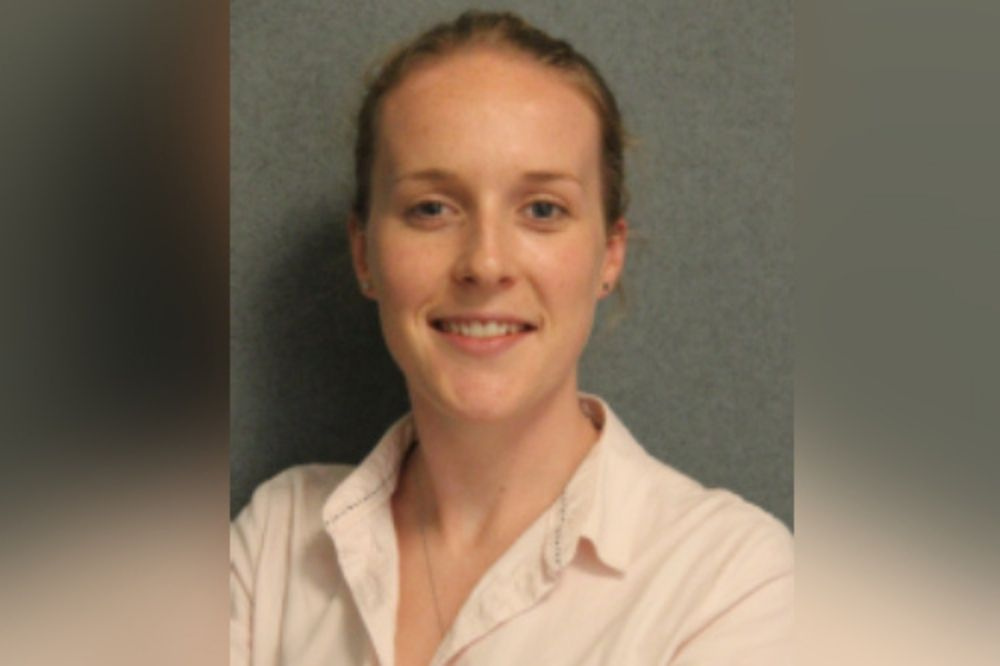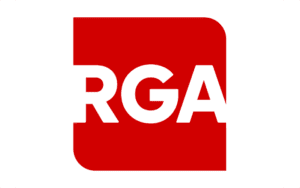Why must insurers always overcomplicate their words?

In insurance, LANGUAGE is a tool for differentiation. Policy language can make one insurer stand out from the next. I understand that. In fact, that’s what I try to do every single day – make my articles stand out (through my choice of language) from the next.
What I don’t understand is the industry’s insistence on using different words to refer to the same thing. Too often, insurance professionals are told (I believe by their legal departments) to use specific language and toe the party line. How those companies came up with those words is (I believe) subjective – and that’s really not what we need in a complex industry like insurance.
The term ‘HARD MARKET’ is a perfect example of this.
The International Risk Management and Insurance society (IRMI) defines a hard market as: “The upswing in a market cycle, when premiums increase and capacity for most types of insurance decreases. This can be caused by a number of factors, including falling investment returns for insurers, increases in frequency or severity of losses, and regulatory intervention deemed to be against the interests of insurers.”
Read more: All eyes on cyber: The celebrity of commercial insurance
Some insurance professionals are adamant that the commercial insurance market has been ‘HARD’ for the past two years. However, some are avoiding the word ‘HARD’, instead opting for ‘TIGHT’ or even ‘FIRM’.
What’s the difference? Why the language differentiation? How can the industry justify using different words to describe the same market? Pretty much all commercial insurers have felt the conditions laid out in the IRMI’s definition of a hard market. So, why beat around the bush? Call the market what it is.
To satisfy my nerdy language intrigue, I decided to look up Collins Dictionary definitions of the three words ‘HARD’, ‘TIGHT’, and ‘FIRM’:
HARD (adj): Something that is hard is very difficult to do or deal with.
Synonyms: difficult, involved, complex, complicated
TIGHT (adj): Tight controls or rules are very strict.
Synonyms: strict, stringent, severe, tough
FIRM (adj): If a price, value, or currency is firm, it is not decreasing in value or amount.
Synonyms: hardness, resistance, density, rigidity
What comes to mind is the phrase: ‘Same, same, but different’. Each word has a different meaning, but the overarching themes are ‘CHALLENGING’, ‘STRICT’, ‘COMPEX’, and ‘RIGID’, which are also words used to describe the commercial insurance market in recent years.
To complicate matters, some companies prefer not to use any of the above words, and they prefer to use the term ‘TRANSITIONING MARKET’ – referring to the corrective actions and changes the market is making in response to the conditions described in the IRMI’s definition of a hard market.
Read more: Brokers – underwriters: You scratch my back, I’ll scratch yours
I have a unique insight into this linguistic battleground. I interview all sorts of companies in the industry, from insurers to brokers and agencies, MGA/MGUs, reinsurers, insurtechs, law firms, and consultancies – and they all have their ‘preferred’ terms, which I then have to relay (especially when quoting). But again, these are different words for the same thing.
The latest word dispute I’ve noticed revolves around the changing market conditions. Through 2022, the commercial insurance market has improved across many lines (with a few exceptions, like cyber insurance). To describe this, some insurers are using the word ‘MODERATING’, while others are using ‘STABILISING’. Again, not a lot of difference there.
Why can’t the insurers just pick one term and roll with it? I’m sure that more clarity and consistency would go down well with brokers and agents – who are currently having to demystify insurers’ language with clients. Also, I think it’s a safe bet that clients don’t care if you use ‘HARD’, ‘TIGHT’ or ‘FIRM’. They just want to understand why their premiums have gone up or why their coverage has changed – and they want that explanation in plain, straightforward language.
In trying to differentiate themselves through words, insurers are (perhaps inadvertently) further complicating this already complex industry. Get real everyone. Whether you say ‘TOMAYTO’ or ‘TOMAHTO’ – it’s still simply TOMATO.





